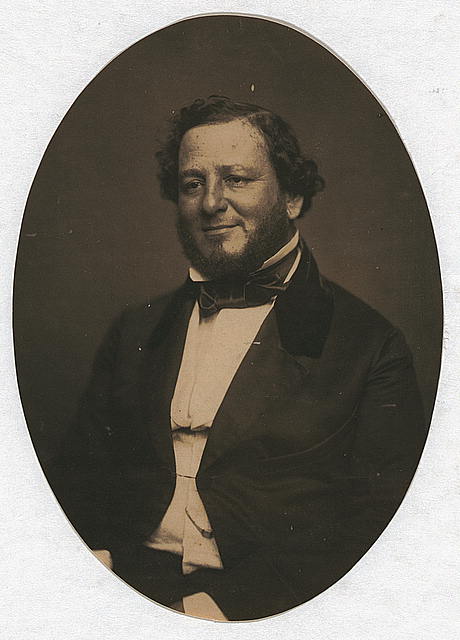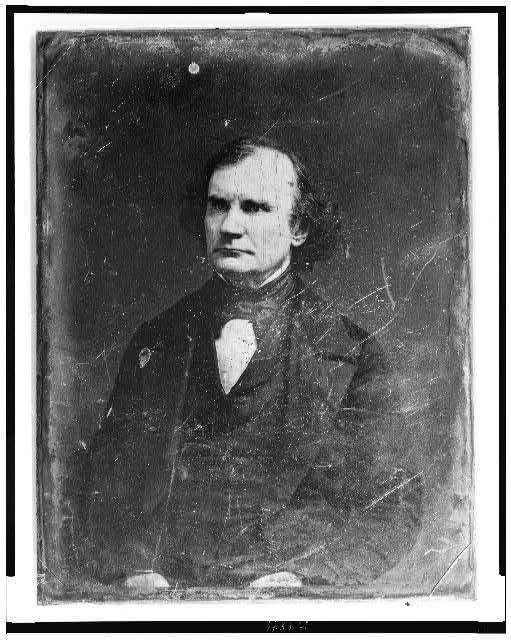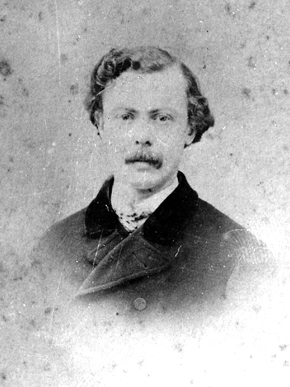
Judah P. Benjamin
Formerly a U.S. Senator from Louisiana, Judah P. Benjamin served in several top-level positions in his time within the Confederate government. Appointed by President Jefferson Davis – first as Attorney General, then Secretary of War, and, finally, as Secretary of State – Benjamin had a background of wealth and legal education. As the third and final person to officially fill the office, he oversaw Confederate outreach abroad from the spring of 1862 through until the end of the war.
Like his predecessors, both of which served only months, Benjamin encountered obstacles to the South’s diplomatic appeals for international aid and recognition. He initially continued to follow Confederate reasoning concerning the economic importance of cotton to Europe, and worked to present the inconclusive nature of the war in the South’s favor. The turning tide of the war post-1862, and the increasing attention to Southern slavery hindered the arguments of agents abroad. Notably, Benjamin escaped capture by Union forces at the end of the war, fleeing to Europe – one of the few figures in the Confederate cabinet to evade arrest. He successfully re-established himself and his family in England, regularly communicating with other Confederate exiles.

James Murray Mason
Among the more prominent of the envoys assigned by the Confederate government, Mason, formerly a Senator for Virginia, was first assigned his post as a European envoy in mid-1861. That November, alongside fellow diplomat John Slidell, Mason was arrested by Union officers aboard the British mail carrier Trent, sparking the Trent Affair.
Later released after a near-diplomatic crisis between the North and the U.K., Mason operated largely out of England, while Slidell worked in France. His arguments focused on the economic and political benefits of an independent South to foreign powers. Though his appeal, particularly early on, Mason sought to achieve the breaking of the Union blockade upon the Confederacy and the full restoration of the southern cotton trade. However, limited accessibility in terms of meetings with British officials impeded progress towards both of these essential aims for his government’s prospects in the war, leaving them unachieved by war’s end.

Henry Hotze
A Swiss immigrant to the U.S., Hotze had a career in printing before entering into service for the Confederate government. As part of a strategy to sway public opinion in their favor, Southern officials looked to foreign press audiences as an avenue to achieve this. Utilizing his experience in journalism and publishing, Hotze initiated a machine of propaganda, reaching out not only to British readers but to those in other parts of Europe.
Through submitted articles to British papers and his own weekly publication, The Index, Hotze sought to sway public sympathy to the Southern perspective of events in the United States. Supplementing the news that reached him with his own additional views of the issues dividing Americans, Hotze’s venture persisted until the end of the war, even with increasingly limited resources. Unable to reach a broader audience, the network he established only reached those already open to the Southern argument, rather than garner additional public support.